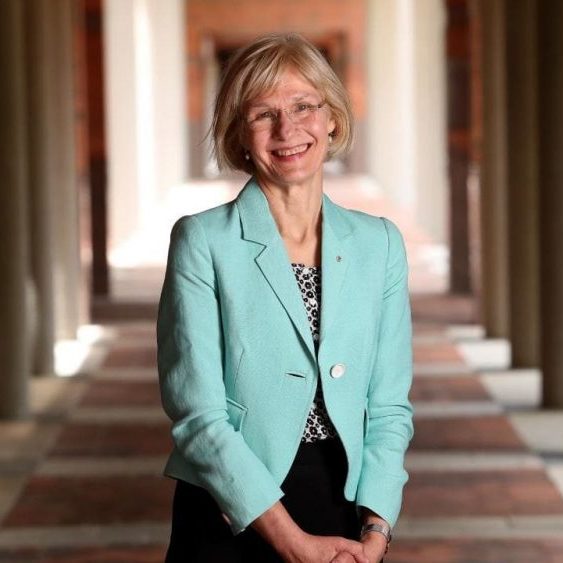 A previous study found that members of the LGBTI community are more likely to be stalked.
A previous study found that members of the LGBTI community are more likely to be stalked.
Curtin University in Perth is undertaking the largest ever study about stalking. It will investigate the rate and effects of stalking.
Western Australia has had anti-stalking legislation in place since 1994, however, no empirical study has yet examined the stalking experiences of the Western Australian population.
Leading the project is Dr Lorraine Sheridan of Curtin’s School of Psychology and Speech Pathology.
Previous research conducted by Dr Sheridan has found that:
- Both female and male stalkers have a similar impact on their victims
- The negative consequences of stalking are wide-ranging and impact the victim’s psychological, physical, social and economic functioning
- Ex-partner stalkers are more likely to be violent than those stalking strangers or acquaintances
- There are subtypes of stalkers and only a minority are mentally ill
- Members of the lesbian, gay, bisexual, trans, and inter-community are more likely to be stalked than heterosexuals
Dr Sheridan said, “Stalking is an intentional pattern of repeated behaviour toward an individual that is unwanted and often results in fear. Previous research shows one in five women and one in twenty men are victimised by stalking at some point in their lives. We also know that the successful execution of many violent offences, such as serious sexual offences and homicide, often follows a period of stalking.”
She also noted that while stalking victimisation and violence are both very serious offences, it is often underestimated by both the authorities and the general public.
Speaking about the project, Dr Sheridan said, “This project will investigate stalking victimisation and associated violence rates amongst young adults. It will explore the victim-offender relationship in stalking cases and examine the physical and psychological effects of stalking on the victims. Further, it will look at the coping strategies employed by victims of stalking.”
She added that the findings “are expected to inform counselling and other social service practices to allow them to offer adequate and tailored intervention strategies to victims.”
Suggestions for the more general public and social policies are also expected to be generated.
The study is seeking participants of both genders who have and who have not been stalked, aged between 18-40 years.
For more information, click here.


